I want to book an appointment
Please provide the following information to find what’s right for you
How to book an appointment

Please call us to discuss your compensation claim.
How to book an appointment
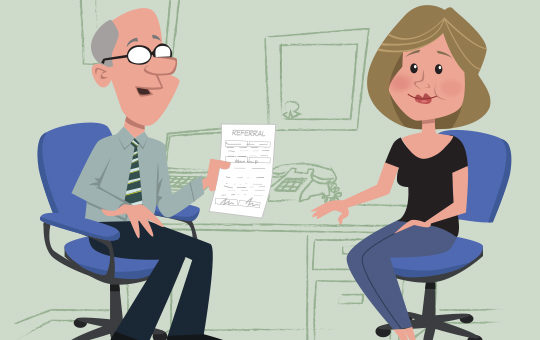
A visit to your GP to get a signed specialist referral is required. The referral can be delivered to Gold Coast Spine by fax, email or in person.
Your GP may wish to specifically refer you Dr Matthew Scott-Young, or the referral may be addressed to “Dear Doctor” or “Gold Coast Spine” and our staff will assist you with our earliest appointment.
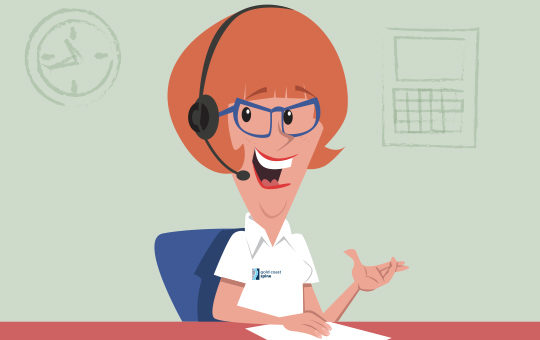
One of our Patient Co-ordinators will call you and get you to complete some forms about yourself and your condition. We will also need to see your radiology. It is OK if you haven’t had any radiology done yet.
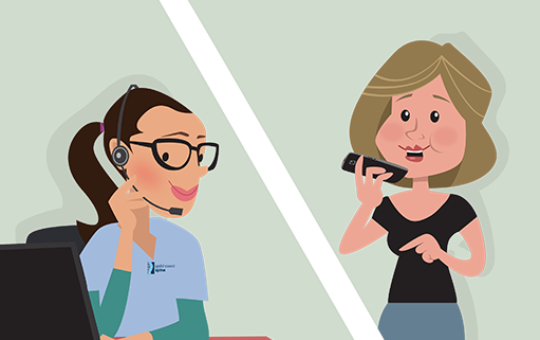
Gold Coast Spine’s nurse will call you to conduct a Nurse Health Check, taking a detailed history relevant to your spine health.
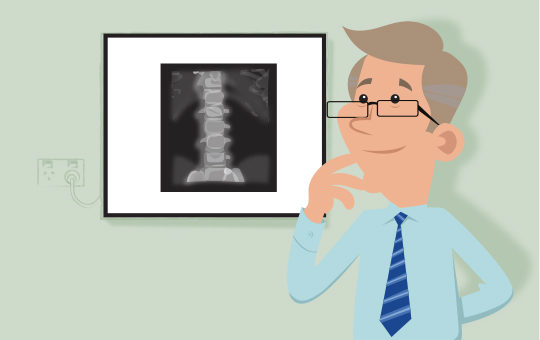
Later, the surgeon will review your information and radiology and refer you for any further investigations that are needed to diagnose your spinal condition. They also decide how soon you should be seen.

We then call you and book your appointment with the surgeon.
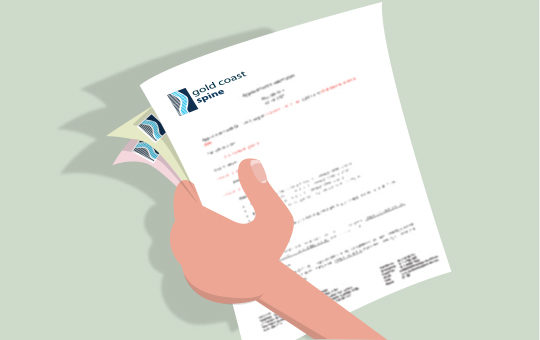
We will send you an appointment letter with referrals for investigations and information about your appointment.
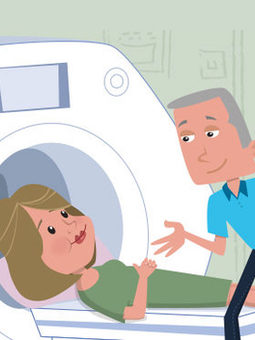
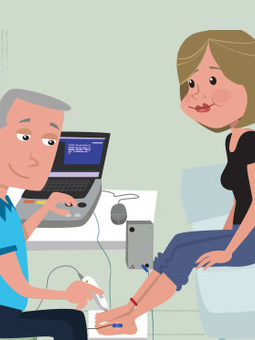
You need to have your investigations done before your appointment. The results of your investigations will usually be delivered to us. (For example, an MRI scan and an EMG).
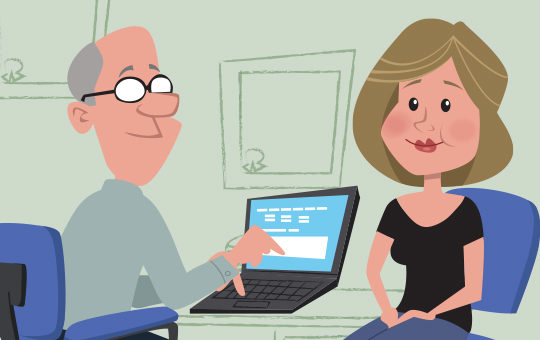
Your GP is the best person to continue to manage your condition until you see your surgeon.
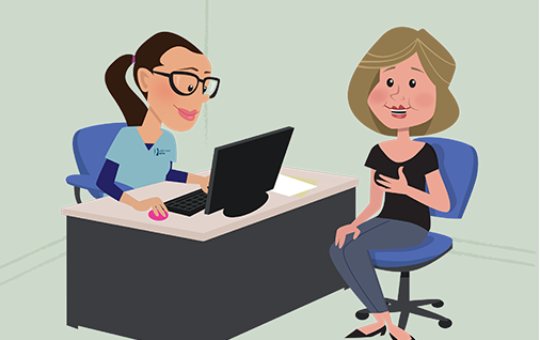
On the day of your appointment with Dr Scott-Young, the nurse checks in again with you, taking your measurements and updating any information since the Nurse Health Check.
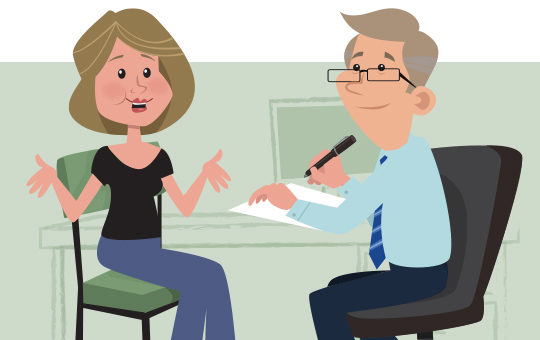
When you attend your first appointment, your surgeon will ask you about the history of your problem.
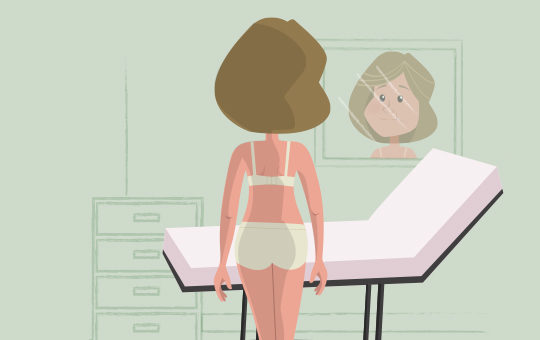
You will have a physical examination with your surgeon. The examination involves:
Observing how you stand, walk, sit and lie down;
Raising your legs/arms;
Applying gentle pressure to your back/neck to determine where any pain is; and
Conducting simple tests that show how your spinal nerves are working (a neurological examination)
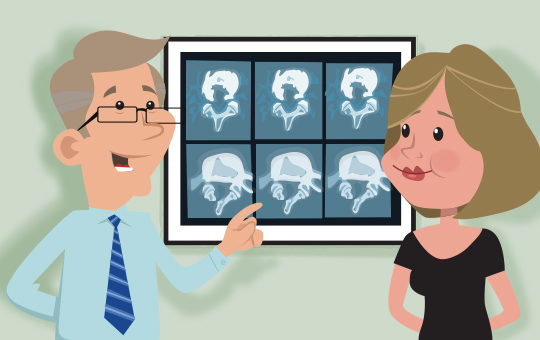
Your surgeon will go over your radiology with you.

Your surgeon will tell you what they think about your condition by explaining your diagnosis, any further tests and their treatment recommendations. They will also send this information to your GP in a letter.
What happens next will depend on your individual condition and your circumstances. Have a look at our case studies for examples of our patients’ journeys.
How to book an appointment

Please call us to discuss your compensation claim.
How to book an appointment

A visit to your GP to get a signed specialist referral is required. The referral can be delivered to Gold Coast Spine by fax, email or in person.
Your GP may wish to specifically refer you to Assoc Prof Matthew Scott-Young or the referral may be addressed to “Dear Doctor” or “Gold Coast Spine” and our staff will assist you with our earliest appointment.

One of our Patient Co-ordinators will call you and get you to complete some forms about yourself and your condition. We will also need to see any radiology you may already have. It is OK if you haven’t had any radiology done yet.
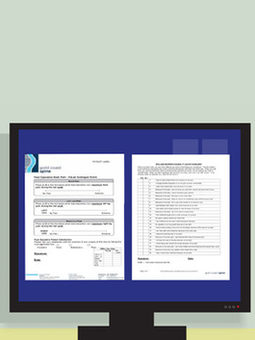

You can return the completed forms and requested information to Gold Coast Spine by email, post or in person.
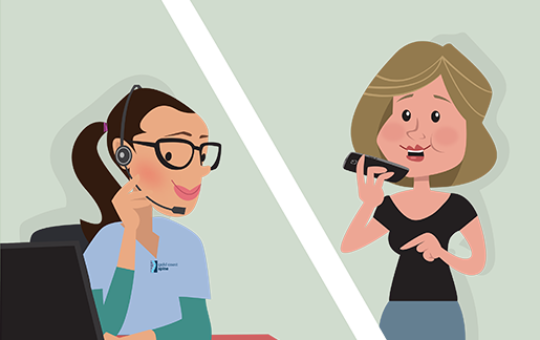
Gold Coast Spine’s nurse will call you to conduct a Nurse Health Check, taking a detailed history relevant to your spine health.

Later, the surgeon will review your information and radiology and refer you for any further investigations that are needed to diagnose your spinal condition. They also decide how soon you should be seen.

We then call you and book your appointment with the surgeon.

We will send you an appointment letter with referrals for investigations and information about your appointment.

Your GP is the best person to continue to manage your condition until you see your surgeon.

You will need to travel to the Gold Coast for your investigations and your appointment with the surgeon (sometimes this requires two trips). The investigations ordered by your surgeon are done by providers on the Gold Coast according to the standard required by your surgeon. Also, some of these tests are not offered in regional areas.


You need to get your investigations done before your appointment. The results of your investigations will usually be delivered to us. (For example, an MRI scan and an EMG).
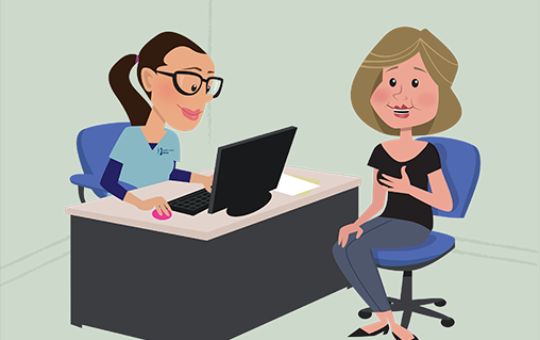
On the day of your appointment with Dr Scott-Young, the nurse checks in again with you, taking your measurements and updating any information since the Nurse Health Check.

When you attend your first appointment, your surgeon will ask you about the history of your problem.

You will have a physical examination with your surgeon. The examination involves:
Observing how you stand, walk, sit and lie down;
Raising your legs/arms;
Applying gentle pressure to your back/neck to determine where any pain is; and
Conducting simple tests that show how your spinal nerves are working (a neurological examination).

Your surgeon will go over your radiology with you.

Your surgeon will tell you what they think about your condition by explaining your diagnosis, any further tests and their treatment recommendations. They will also send this information to your GP in a letter.
What happens next will depend on your individual condition and your circumstances. Have a look at our case studies for examples of our patients’ journeys.
Depending on the complexity of your condition and whether you need surgery, patients who live outside the Gold Coast region need to be prepared for multiple trips to see their surgeon.
How to book an appointment
Matthew Scott-Young
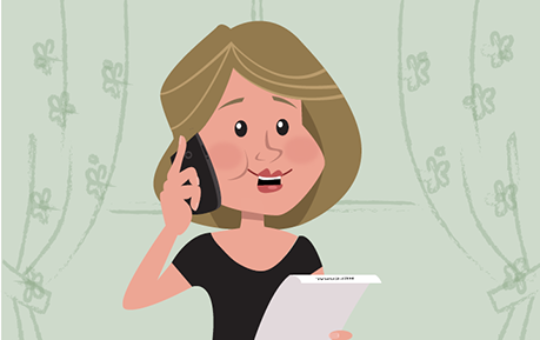
Please call us to discuss your GP referral and compensation claim.
How to book an appointment
Matthew Scott-Young
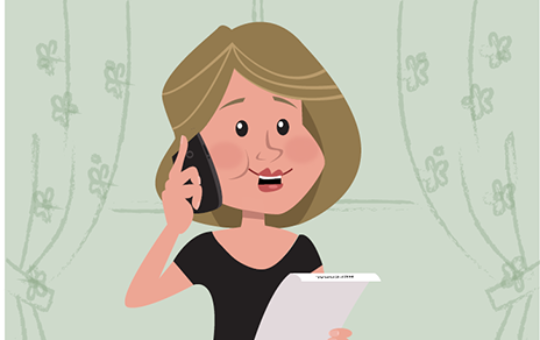
Your referral can be delivered to Gold Coast Spine by fax, email or in person.

One of our Patient Co-ordinators will call you and get you to complete some forms about yourself and your condition. We will also need to see your radiology. It is OK if you haven’t had any radiology done yet.
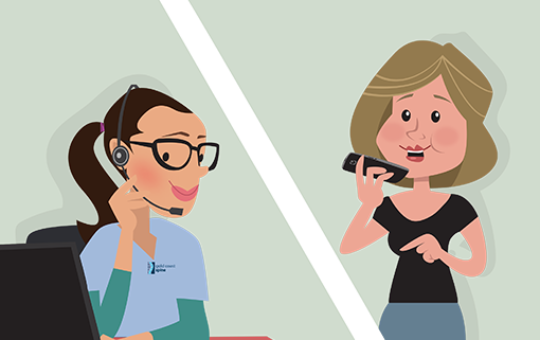
Gold Coast Spine’s nurse will call you to conduct a Nurse Health Check, taking a detailed history relevant to your spine health.

Later, the surgeon will review your information and radiology and refer you for any further investigations that are needed to diagnose your spinal condition. They also decide how soon you should be seen.

We then call you and book your appointment with the surgeon.

We will send you an appointment letter with referrals for investigations and information about your appointment.


You need to have your investigations done before your appointment. The results of your investigations will usually be delivered to us. (For example, an MRI scan and an EMG).

Your GP is the best person to continue to manage your condition until you see your surgeon.
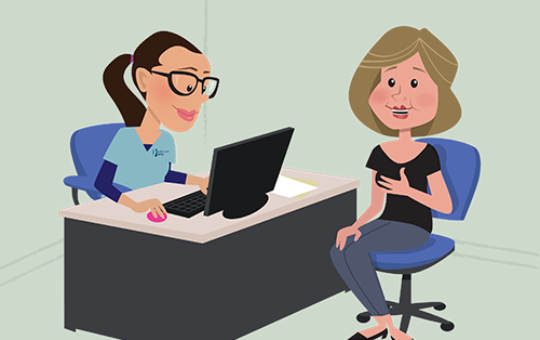
On the day of your appointment with Dr Scott-Young, the nurse checks in again with you, taking your measurements and updating any information since the Nurse Health Check.

When you attend your first appointment, your surgeon will ask you about the history of your problem.

You will have a physical examination with your surgeon. The examination involves:
- Observing how you stand, walk, sit and lie down;
- Raising your legs/arms;
- Applying gentle pressure to your back/neck to determine where any pain is; and
- Conducting simple tests that show how your spinal nerves are working (a neurological examination)

Your surgeon will go over your radiology with you.
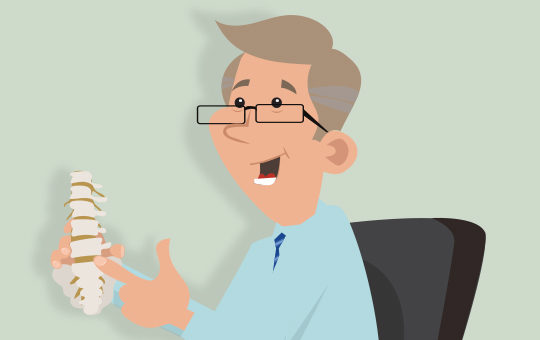
Your surgeon will tell you what they think about your condition by explaining your diagnosis, any further tests and their treatment recommendations. They will also send this information to your GP in a letter.
What happens next will depend on your individual condition and your circumstances. Have a look at our case studies for examples of our patients’ journeys.
How to book an appointment
Matthew Scott-Young
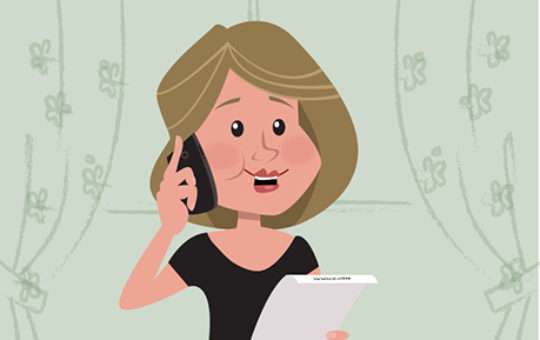
Please call us to discuss your GP referral and your compensation claim.
How to book an appointment
Matthew Scott-Young
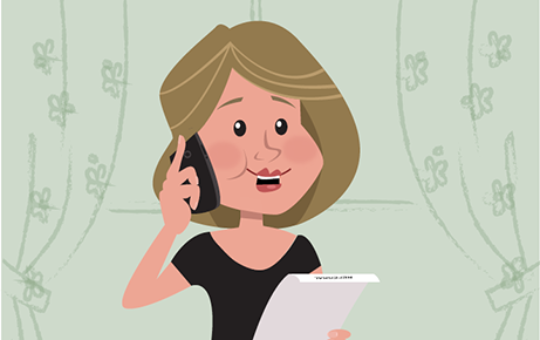
Your referral can be delivered to Gold Coast Spine by fax, email or in person.

One of our Patient Co-ordinators will call you and get you to complete some forms about yourself and your condition. We will also need to see any radiology you may already have. It is OK if you haven’t had any radiology done yet.


You can return the completed forms and requested information to Gold Coast Spine by email, post or in person.
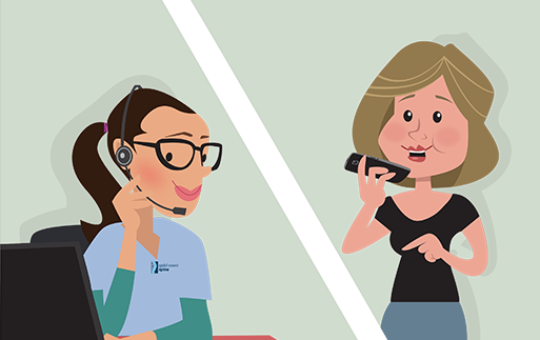
Gold Coast Spine’s nurse will call you to conduct a Nurse Health Check, taking a detailed history relevant to your spine health.

Later, the surgeon will review your information and radiology and refer you for any further investigations that are needed to diagnose your spinal condition. They also decide how soon you should be seen.

We then call you and book your appointment with the surgeon.

We will send you an appointment letter with referrals for investigations and information about your appointment.

Your GP is the best person to continue to manage your condition until you see your surgeon.

You will need to travel to the Gold Coast for your investigations and your appointment with the surgeon (sometimes this requires two trips). The investigations ordered by your surgeon are done by providers on the Gold Coast according to the standard required by your surgeon. Also, some of these tests are not offered in regional areas.
You need to get your investigations done before your appointment. The results of your investigations will usually be delivered to us. (For example, an MRI scan and an EMG).
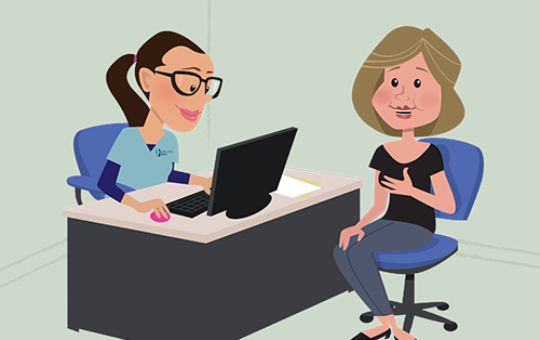
On the day of your appointment with Dr Scott-Young, the nurse checks in again with you, taking your measurements and updating any information since the Nurse Health Check.

When you attend your first appointment, your surgeon will ask you about the history of your problem.

You will have a physical examination with your surgeon. The examination involves:
- Observing how you stand, walk, sit and lie down;
- Raising your legs/arms;
- Applying gentle pressure to your back/neck to determine where any pain is; and
- Conducting simple tests that show how your spinal nerves are working (a neurological examination).

Your surgeon will go over your radiology with you.

Your surgeon will tell you what they think about your condition by explaining your diagnosis, any further tests and their treatment recommendations. They will also send this information to your GP in a letter.
What happens next will depend on your individual condition and your circumstances. Have a look at our case studies for examples of our patients’ journeys
Depending on the complexity of your condition and whether you need surgery, patients who live outside the Gold Coast region need to be prepared for multiple trips to see their surgeon.
How to book an appointment
Laurence McEntee

A visit to your GP to get a signed specialist referral is required. The referral can be delivered to Gold Coast Spine by fax, email or in person.

One of our Patient Co-ordinators will call you and get you to complete some forms about yourself and your condition. Be sure to have details of your compensation claim handy. We will also need to see your radiology. It is OK if you haven’t had any radiology done yet.
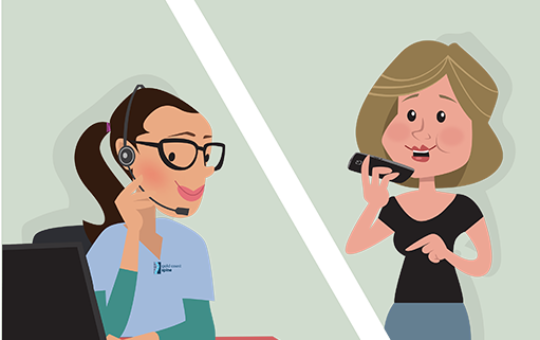
Gold Coast Spine’s nurse will call you to conduct a Nurse Health Check, taking a detailed history relevant to your spine health.

We will give you an appointment letter about your appointment.

Your GP is the best person to continue to manage your condition until you see your surgeon.

When you have your first appointment, your surgeon will ask you about the history of your problem.

You will have a physical examination with your surgeon. The examination involves:
- observing how you stand, walk, sit and lie down;
- raising your legs/arms;
- applying gentle pressure to your back/neck to determine where any pain is; and
- conducting simple tests that show how your spinal nerves are working (a neurological examination).

Your surgeon will go over your radiology with you.
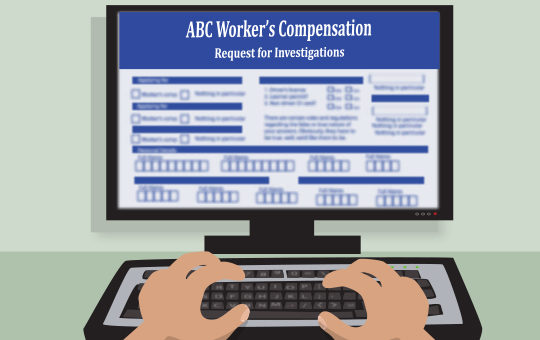
Usually your surgeon will refer you for some further investigations before he is able to give you an explanation about the cause of your symptoms. The types of investigations will depend on your individual case.
We will apply to your Compensation insurer for your investigations to be funded.


You need to have your investigations done before your next appointment. The results of your investigations will usually be delivered to us.

Your surgeon will tell you what they think about your condition by explaining your diagnosis, any further tests and their treatment recommendations. They will also send this information to your GP in a letter.
Generally, your insurer also requests information from your surgeon about your appointments.
What happens next will depend on your individual condition and your circumstances. Have a look at our case studies for examples of our patients’ journeys.
How to book an appointment
Laurence McEntee

A visit to your GP to get a signed specialist referral is required. The referral can be delivered to Gold Coast Spine by fax, email or in person

One of our Patient Co-ordinators will call you and get you to complete some forms about yourself and your condition. We will also need to see your radiology. It is OK if you haven’t had any radiology done yet.

We will send you an appointment letter and information about your appointment.

Your GP is the best person to continue to manage your condition until you see your surgeon.

When you attend your first appointment, your surgeon will ask you about the history of your problem.

You will have a physical examination with your surgeon. The examination involves:
- observing how you stand, walk, sit and lie down;
- raising your legs/arms;
- applying gentle pressure to your back/neck to determine where any pain is; and
- conducting simple tests that show how your spinal nerves are working (a neurological examination)

Your surgeon will go over your radiology and other tests with you.

Your surgeon will tell you what they think about your condition by explaining your diagnosis, any further tests and their treatment recommendations. They will also send this information to your GP in a letter.
What happens next will depend on your individual condition and your circumstances. Have a look at our case studies for examples of our patients’ journeys.
How to book an appointment
Laurence McEntee

A visit to your GP to get a signed specialist referral is required. The referral can be delivered to Gold Coast Spine by fax, email or in person.

One of our Patient Co-ordinators will speak with you and get you to complete some forms about yourself and your condition. Be sure to have details of your compensation claim handy. We will also need to see your radiology. It is OK if you haven’t had any radiology done yet.


You can return the completed forms and requested information to Gold Coast Spine by email, post or in person.

Later, the surgeon will review your information and radiology and refer you for any further investigations that are needed to diagnose your spinal condition. The types of investigations will depend on your individual case. He also decides how soon you should be seen.

We will apply to your Workers’ Compensation insurer for your investigations to be funded.

You will need to travel to the Gold Coast for your investigations and your appointment with the surgeon (sometimes this requires two trips). The investigations ordered by your surgeon are done by providers on the Gold Coast according to the standard required by your surgeon. Also, some of these tests are not offered in regional areas.


You need to get your investigations done before your appointment. The results of your investigations will usually be delivered to us. (For example, an MRI scan and an EMG).

When you have your first appointment, your surgeon will ask you about the history of your problem.

You will have a physical examination with your surgeon. The examination involves:
- observing how you stand, walk, sit and lie down;
- raising your legs/arms;
- applying gentle pressure to your back/neck to determine where any pain is; and
- conducting simple tests that show how your spinal nerves are working (a neurological examination).

Your surgeon will go over your radiology with you.

Your surgeon will tell you what they think about your condition by explaining your diagnosis, any further tests and their treatment recommendations. They will also send this information to your GP in a letter. Generally, your insurer also requests information from your surgeon about your appointments.
What happens next will depend on your individual condition and your circumstances. Have a look at our case studies for examples of our patients’ journeys.
How to book an appointment
Laurence McEntee

A visit to your GP to get a signed specialist referral is required. The referral can be delivered to Gold Coast Spine by fax, email or in person.

One of our Patient Co-ordinators will call you and get you to complete some forms about yourself and your condition. We will also need to see any radiology you may already have. It is OK if you haven’t had any radiology done yet.


You can return the completed forms and requested information to Gold Coast Spine by email, post or in person.

Later, the surgeon will review your information and radiology and refer you for any further investigations that are needed to diagnose your spinal condition. They also decide how soon you should be seen.

We then call you and book your appointment with the surgeon.

We will send you an appointment letter with referrals for investigations and information about your appointment.

Your GP is the best person to continue to manage your condition until you see your surgeon.

You will need to travel to the Gold Coast for your investigations and your appointment with the surgeon (sometimes this requires two trips). The investigations ordered by your surgeon are done by providers on the Gold Coast according to the standard required by your surgeon. Also, some of these tests are not offered in regional areas.


You need to get your investigations done before your appointment. The results of your investigations will usually be delivered to us. (For example, an MRI scan and an EMG).

When you attend your first appointment, your surgeon will ask you about the history of your problem.

You will have a physical examination with your surgeon. The examination involves:
- observing how you stand, walk, sit and lie down;
- raising your legs/arms;
- applying gentle pressure to your back/neck to determine where any pain is; and
- conducting simple tests that show how your spinal nerves are working (a neurological examination).

Your surgeon will go over your radiology with you.

Your surgeon will tell you what they think about your condition by explaining your diagnosis, any further tests and their treatment recommendations. They will also send this information to your GP in a letter.
What happens next will depend on your individual condition and your circumstances. Have a look at our case studies for examples of our patients’ journeys
Depending on the complexity of your condition and whether you need surgery, patients who live outside the Gold Coast region need to be prepared for multiple trips to see their surgeon.
How to book an appointment
Mario Zotti

A visit to your GP to get a signed specialist referral is required. The referral can be delivered to Gold Coast Spine by fax, email or in person.

One of our Patient Co-ordinators will call you and get you to complete some forms about yourself and your condition. Be sure to have details of your compensation claim handy. We will also need to see your radiology. It is OK if you haven’t had any radiology done yet.

We will give you an appointment letter about your appointment.

Your GP is the best person to continue to manage your condition until you see your surgeon.

When you have your first appointment, your surgeon will ask you about the history of your problem.

You will have a physical examination with your surgeon. The examination involves:
- observing how you stand, walk, sit and lie down;
- raising your legs/arms;
- applying gentle pressure to your back/neck to determine where any pain is; and
- conducting simple tests that show how your spinal nerves are working (a neurological examination).

Your surgeon will go over your radiology with you.

Usually your surgeon will refer you for some further investigations before he is able to give you an explanation about the cause of your symptoms. The types of investigations will depend on your individual case.
We will apply to your Compensation insurer for your investigations to be funded.


You need to have your investigations done before your next appointment. The results of your investigations will usually be delivered to us. (For example, an MRI scan and an EMG).

Your surgeon will tell you what they think about your condition by explaining your diagnosis, any further tests and their treatment recommendations. They will also send this information to your GP in a letter.
Generally, your insurer also requests information from your surgeon about your appointments.
What happens next will depend on your individual condition and your circumstances. Have a look at our case studies for examples of our patients’ journeys.
How to book an appointment
Mario Zotti

A visit to your GP to get a signed specialist referral is required. The referral can be delivered to Gold Coast Spine by fax, email or in person

One of our Patient Co-ordinators will call you and get you to complete some forms about yourself and your condition. We will also need to see your radiology. It is OK if you haven’t had any radiology done yet.

We will send you an appointment letter and information about your appointment.

Your GP is the best person to continue to manage your condition until you see your surgeon.

When you attend your first appointment, your surgeon will ask you about the history of your problem.

You will have a physical examination with your surgeon. The examination involves:
- Observing how you stand, walk, sit and lie down;
- Raising your legs/arms;
- Applying gentle pressure to your back/neck to determine where any pain is; and
- Conducting simple tests that show how your spinal nerves are working (a neurological examination).

Your surgeon will go over your radiology and other tests with you

Your surgeon will tell you what they think about your condition by explaining your diagnosis, any further tests and their treatment recommendations. They will also send this information to your GP in a letter.
What happens next will depend on your individual condition and your circumstances. Have a look at our case studies for examples of our patients’ journeys.
How to book an appointment
Mario Zotti

A visit to your GP to get a signed specialist referral is required. The referral can be delivered to Gold Coast Spine by fax, email or in person.

One of our Patient Co-ordinators will speak with you and get you to complete some forms about yourself and your condition. Be sure to have details of your compensation claim handy. We will also need to see your radiology. It is OK if you haven’t had any radiology done yet.


You can return the completed forms and requested information to Gold Coast Spine by email, post or in person.

Later, the surgeon will review your information and radiology and refer you for any further investigations that are needed to diagnose your spinal condition. They also decide how soon you should be seen.

We will apply to your Workers’ Compensation insurer for your investigations to be funded.

You will need to travel to the Gold Coast for your investigations and your appointment with the surgeon (sometimes this requires two trips). The investigations ordered by your surgeon are done by providers on the Gold Coast according to the standard required by your surgeon. Also, some of these tests are not offered in regional areas.


You need to get your investigations done before your appointment. The results of your investigations will usually be delivered to us. (For example, an MRI scan and an EMG [electrophysiological test] [link]).

When you attend your first appointment, your surgeon will ask you about the history of your problem.

You will have a physical examination with your surgeon. The examination involves:
- observing how you stand, walk, sit and lie down;
- raising your legs/arms;
- applying gentle pressure to your back/neck to determine where any pain is; and
- conducting simple tests that show how your spinal nerves are working (a neurological examination).

Your surgeon will go over your radiology with you.

Your surgeon will tell you what they think about your condition by explaining your diagnosis, any further tests and their treatment recommendations. They will also send this information to your GP in a letter.
What happens next will depend on your individual condition and your circumstances. Have a look at our case studies for examples of our patients’ journeys.
How to book an appointment
Mario Zotti

A visit to your GP to get a signed specialist referral is required. The referral can be delivered to Gold Coast Spine by fax, email or in person.

One of our Patient Co-ordinators will call you and get you to complete some forms about yourself and your condition. We will also need to see any radiology you may already have. It is OK if you haven’t had any radiology done yet.


You can return the completed forms and requested information to Gold Coast Spine by email, post or in person.

Later, the surgeon will review your information and radiology and refer you for any further investigations that are needed to diagnose your spinal condition. They also decide how soon you should be seen.

We then call you and book your appointment with the surgeon.

We will send you an appointment letter with referrals for investigations and information about your appointment.

Your GP is the best person to continue to manage your condition until you see your surgeon.

You will need to travel to the Gold Coast for your investigations and your appointment with the surgeon (sometimes this requires two trips). The investigations ordered by your surgeon are done by providers on the Gold Coast according to the standard required by your surgeon. Also, some of these tests are not offered in regional areas.


You need to get your investigations done before your appointment. The results of your investigations will usually be delivered to us. (For example, an MRI scan and an EMG).

When you attend your first appointment, your surgeon will ask you about the history of your problem.

You will have a physical examination with your surgeon. The examination involves:
- observing how you stand, walk, sit and lie down;
- raising your legs/arms;
- applying gentle pressure to your back/neck to determine where any pain is; and
- conducting simple tests that show how your spinal nerves are working (a neurological examination).

Your surgeon will go over your radiology with you.

Your surgeon will tell you what they think about your condition by explaining your diagnosis, any further tests and their treatment recommendations. They will also send this information to your GP in a letter.
What happens next will depend on your individual condition and your circumstances. Have a look at our case studies for examples of our patients’ journeys.
Depending on the complexity of your condition and whether you need surgery, patients who live outside the Gold Coast region need to be prepared for multiple trips to see their surgeon.
How to book an appointment
Not an Australian citizen but would like to seek an opinion from a Gold Coat Spine surgeon
Choosing a surgeon from a distance can be challenging. There are many medical tourism websites promoting a quick fix for your condition and advertise holiday like experiences in luxury five-star hospitals. Slick marketing tactics want you to believe that complex spine surgery is as easy to book as an overseas holiday.
At Gold Coast Spine, our standard of care doesn’t change on the basis of where our patients live – whether just down the road or an 18-hour flight away. They do not skip a step when it comes to providing their advice to patients and they do this with the patient’s best interests in mind.
Seeking advice about your spinal condition in a way that ensures you get an accurate diagnosis and a treatment plan appropriate to your particular condition is not as simple as medical tourism operators want you to think. Before any surgery is recommended, the most important steps involve getting the right investigations performed and seeing your surgeon in person, where a thorough physical examination is performed, your clinical history is discussed in detail and a relationship of trust is built between the surgeon and the patient.
Dr. Matthew Scott-Young at Gold Coast Spine is trained in all approaches to the spine. Medical tourism brokers generally operate on claims that their surgeons offer a unique service or expertise that is not available elsewhere. This is just not the case. The types of spine surgery discussed on our website are based on what is available under Australia’s system of Medicare and private health insurance funding. If you are travelling from overseas, the surgical options available are not limited by these restrictions. For example, multi-level total disc replacement is not funded by Medicare in Australia at this time but is performed by Dr. Matthew Scott-Young. Where spine surgery is the right treatment for our overseas patients, we will find the best evidence based solution for the patient’s individual condition.
You may wonder why our website looks so different from those that promote medical tourism in other countries. It is true that the practice of medicine in Australia is highly regulated and this includes how we may advertise our services to prospective patients. There are good reasons for this regulation. Australian surgeons, our professional bodies and our government are serious about the obligation to act in the best interests of the patient. Access to the best treatment is always available in Australia. The difference in the Australian regulatory environment from many other countries, is we are obliged to ensure that patients:
- are not misled by advertising about our treatments or our outcomes,
- get the best care available for their condition,
- are followed up after treatment, and
- have their rights protected if things do not go to plan.